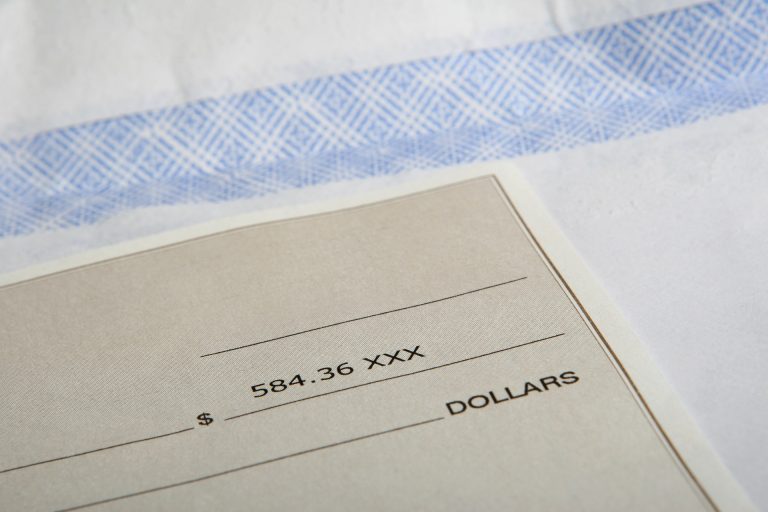As election day approaches, dividend imputation is back in the news and the hot takes are running hot. Commentators are branding the system a “tax dodge”, a “handout”, and a “loophole”, and praising Labor’s proposal as economically sound.
But they’re wrong.
Australia, almost uniquely in the world, has for decades taxed profits in a special way. These profits are, in one way or another, owed to shareholders. In a normal tax system, profits are first taxed at the company level when they’re earnt and then taxed at the personal level when they’re paid out as dividends.
Dividend imputation eliminates the first stage.
For shares owned by Australians, the idea is to extinguish all taxes the company owes. To that end, Australian shareholders get a refund of the taxes paid by the company, known as “franking credits”. Labor says it has no beef with this idea in principle.
What is Labor’s proposal?
At the moment, Australian shareholders get back the taxes paid by the company no matter what. If a shareholder has a tax bill, then it’s reduced by the relevant amount; if they don’t have a tax bill, then they get a cheque in the mail instead. The policy fulfills its purpose of refunding the tax paid by the company no matter who the shareholder is.
Labor wants to change that.
They would take away franking credits from those without a personal tax bill. If for any reason you don’t have a tax bill then you can kiss your franking credits goodbye. Maybe you took a year off to look after your kid. Maybe you’re a self-funded retiree. Goodbye franking credits.
You might be rich or poor. In work or retired. Young or old. Reasons abound for why you might own shares but have no tax bill. And plenty have nothing to do with being a “tax dodger”, a taker of “handouts”, or an exploiter of “loopholes”.
Imagine you own some Telstra shares, but take a year off to look after your kids. When you work, the tax Telstra paid is refunded to you so no corporate tax is payable. But when you take a year off, you’re no longer entitled to a refund of the corporate tax Telstra paid. They only pay corporate tax on those shares if you look after your kids.
That’s nuts.
And if you think only the wealthy own shares, then think again. There are thousands of Australians doing it tough for whom that Telstra dividend pays the power bill.
Why is Labor proposing it?
The change is so arbitrary it’s difficult to infer a coherent motive. Getting a $100 cheque in the mail is equivalent to getting a reduction of $100 in the cheque you pay. Yet the proposal is to distinguish between the two.
Some say “how can we give tax refunds to people who haven’t paid any tax?” But they have paid tax, it’s just that the companies they own did it for them.
And if you don’t like those without a personal tax bill getting a refund then you ought to ask why. If you don’t like their answer—perhaps because their only source of income is super—then go ahead and fix the root cause. But leave the concept of dividend imputation, which works as intended, well enough alone.
A basic principle of tax design is neutrality—to ensure taxes depend on behaviour as little as possible. The current system is neutral because it doesn’t depend on tax liability; the proposed system is not because it does.
Some people say it’s to target the rich, but we have a perfectly good income tax system that can do a much better job. Instead, ordinary people will be caught in the crossfire, with the change cutting a swathe through the population. “Has shares but no personal tax liability” is no logical basis upon which to target tax policy.
Ironically, this is in fact the way things used to work. To reduce revenue losses the system was originally hobbled in exactly the way now proposed. But recognising the problems this involved, the system was reformed in 2000 based on a recommendation of the Ralph review.
Reverting back to the old, hobbled system isn’t reform; it’s in fact just the opposite.
The proposal will raise money, but there are better ways
Just about the only thing the proposal has going for it is the revenue it raises. But that is a low bar. The best policy isn’t the one that raises the most revenue, but the one that raises a given amount of revenue at the lowest cost to the economy.
And there are lots of ways to raise revenue. And in ways that are coherent, principled, targeted, transparent, and less distortive. The GST, superannuation tax concessions, work-related deductions, and the income tax are all far better places to look for spare cash.





Recent Comments